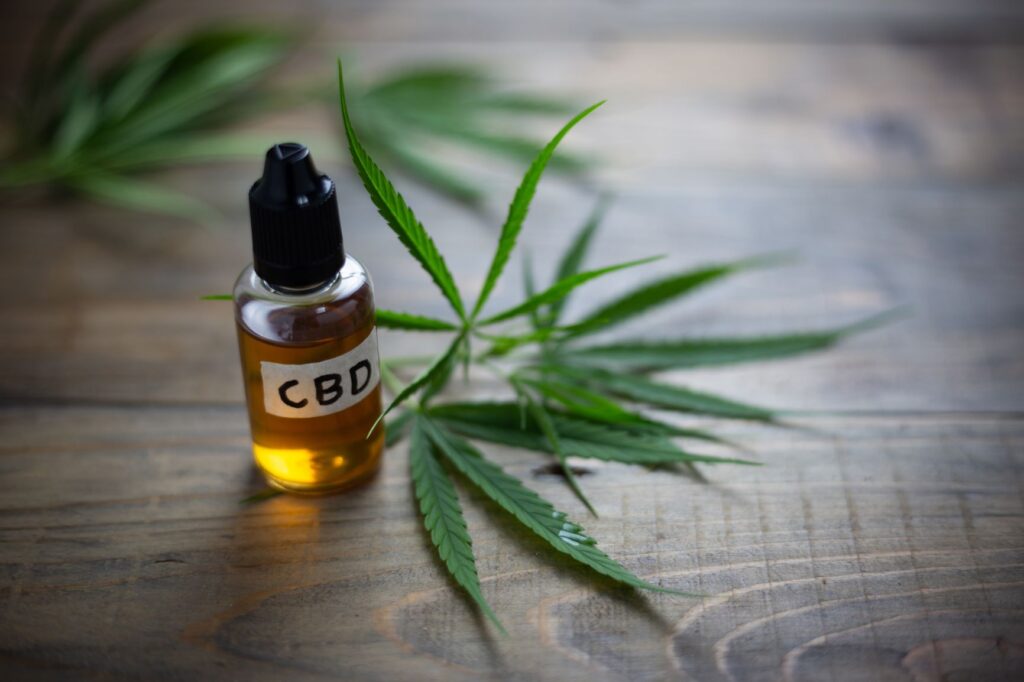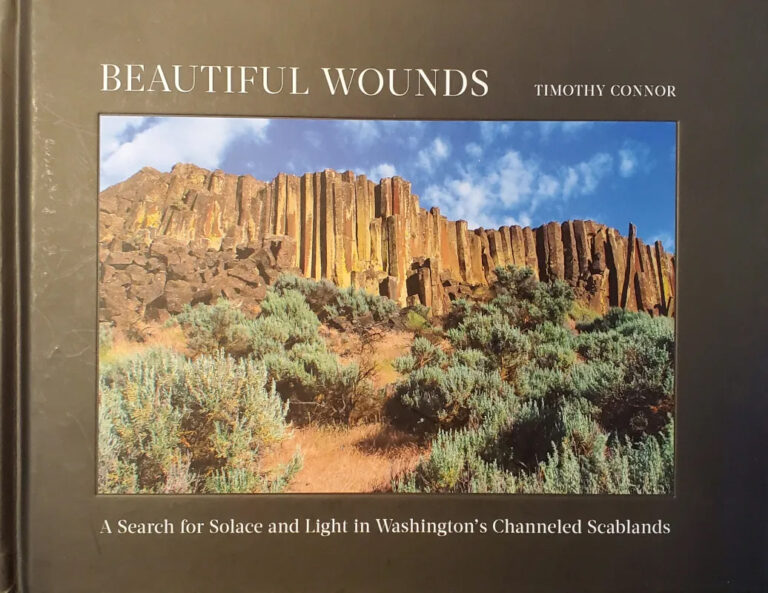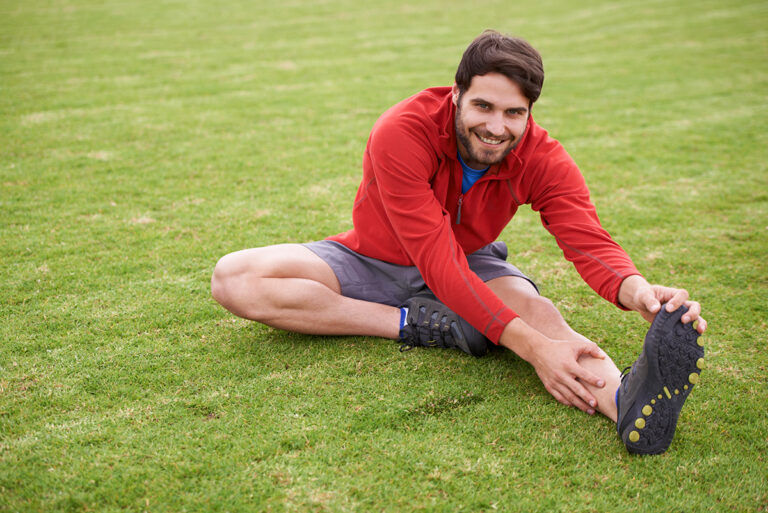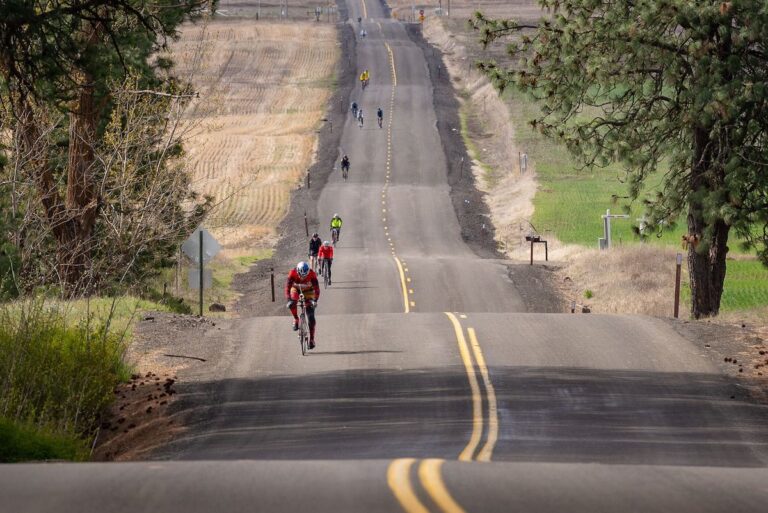CBD products are cropping up everywhere these days, with many companies producing balms, ointments, and oils. Despite the prevalence, many of us still have questions: What is CBD, exactly? And what are the potential benefits for athletes and outdoor enthusiasts?
CBD (cannabidiol) is one of the chemical compounds found in the cannabis plant. CBD is not psychoactive—meaning, it won’t get you high. When purchased outside of a legal weed store, CBD products must be derived from the hemp plant and contain less than 0.3 percent THC (the main psychoactive cannabinoid found in cannabis).
CBD’s presence in the zeitgeist is partly due to its long list of purported benefits, which include serving as a sleep aid, reducing acne, reducing anxiety, providing pain relief, and reducing inflammation.
It’s worth noting that there’s not conclusive research on CBD and pain relief in the U.S. “To my knowledge, there is hardly any research on this topic in human athletic populations,” says Elizabeth Abbey, associate professor in the health sciences department at Whitworth University. “Most research has been done in animal models or non-athletic populations; therefore, it is difficult to extrapolate that to athletic populations directly.”
“CBD may have some benefit when it comes to sleep, but there isn’t anything that I have seen yet to definitively say that it is an ergogenic aid,” says Abbey.
Bearing in mind that important caveat, there’s significant anecdotal evidence regarding CBD’s benefits. Rebecca Moffitt, licensed massage therapist with Massage Spokane Body & Mind, offers CBD oil massage as an option for her clients. Those who receive the treatment tell her it’s making a difference beyond what they experience in a typical massage.

“They will report that it helps to alleviate the pain and it also will last up to a week, where without the CBD oil the massage will usually benefit them for a day or two,” she says. (Moffitt is careful to note that “due to federal regulations I cannot make claims about whether or not CBD can help with specific ailments and I also am not a doctor so it’s not something I’m prescribing.”)
Moffitt’s clients include hospital workers who are on their feet all day, runners, hikers, and climbers, those suffering from fibromyalgia and arthritis, and desk jockeys with sore necks and backs. “[CBD oil massage] helps with sleep for them, and it helps reduce pain,” she says. Among athletes, she’s hearing that “it’s helping them recover quickly and alleviates sharp pains.”
With CBD oil (Moffitt prefers the brand NuLeaf), the product can be targeted to where it’s needed. “The great thing about using an oil is that it goes to that specific area…if someone’s been out running and their quads are sore, I can just put the oil on that area. Typically they feel a warming sensation and the tension of the muscle relaxing.”
Moffitt says clients report feeling the effects quickly. “As they’re here, they feel [the CBD oil] just penetrates the muscles,” she says. “There’s a number of ointments like Icy Hot, all these things that you can feel instantly. In that same way, you can feel [CBD oil] instantly.”
Moffitt will apply the oil just to the bottoms of the feet of clients who are teachers or medical workers, and she uses it on her own hands—which, given her career, get an intense daily workout. “Since I’ve been using the oil, my joints don’t feel painful anymore, where they used to really hurt me at the end of the day.”
Originally published as “CBD for Athletes & Outdoor Enthusiasts” in the November-December 2020 issue.
Sarah Hauge is a writer and editor who lives in Spokane with her husband and two children. She writes Out There Outdoors’ Run Wild column.












